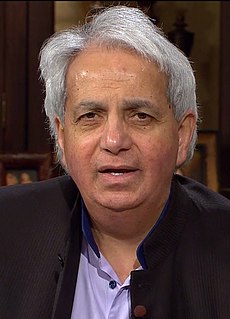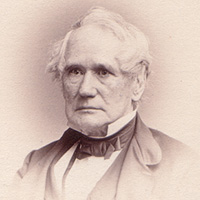A Quote by James Surowiecki
I do think to some extent multitasking is a way of fooling ourselves that we're being exceptionally efficient.
Quote Topics
Related Quotes
When you multitask, you believe you're being exceptionally productive, but really, you're fooling yourself. Each time you switch tasks, you have to backtrack a little and remind yourself where you are in the process and what's next. Invariably. you are spending twice as much time on parts of the task.
We like to look for patterns and find connections in unrelated events. This way we can explain them to ourselves. Life seems neater, or at least less messy. We need to feel we are in control: it is integral to our self-esteem. We also know, though we deny it, that we are not in control. So we settle for the illusions of control. What if we stopped fooling ourselves?
































